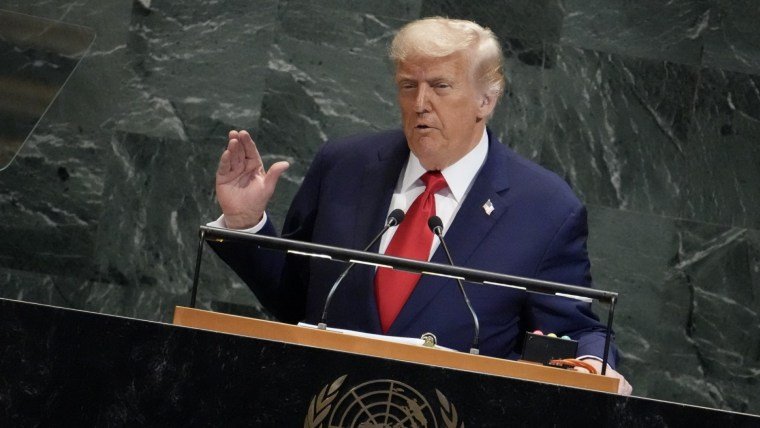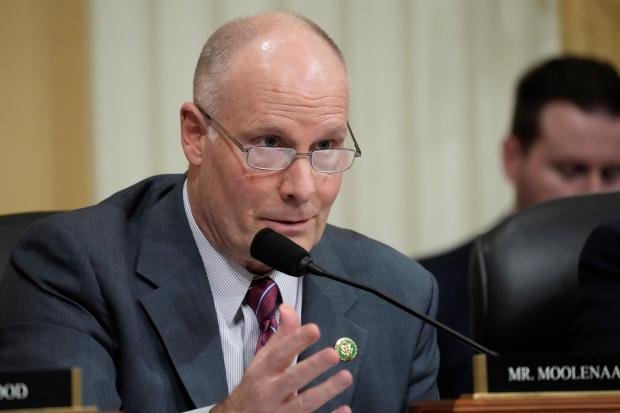It’s tough watching your shot at a dream job slip away because of something you can’t control, like a sudden change in visa rules or a new fee that feels impossible to afford. That’s what a lot of international tech workers are dealing with right now, as the U.S. has slapped a staggering $100,000 charge on H-1B visa applications.
But while one door is closing, another one seems to be opening. China has rolled out a new visa, launching October 1, 2025, aimed squarely at young science and tech professionals. If you’ve been thinking about taking your career global, the K visa could be the kind of opportunity worth looking into, or at least another option on the table.
In this guide, you will learn what the K visa is, what it offers, who can apply, and how to get started.
Tech in China – Techloy
Tracking the Chinese technology sector and covering startups, venture capital, and unicorns.

What is China’s new K visa?

China’s new K visa is basically a pathway for international STEM talent, scientists, engineers, and tech professionals who want to tap into its fast-growing innovation scene. The big difference here is flexibility. You don’t need a company in China to vouch for you, which means you can explore your options: work with a lab, test a startup idea, or join research projects without being locked into one employer.
It also ties into a bigger picture of why China has been gradually opening its doors over the last few years, according to recent reports.
What is the difference between China’s new K visa and the U.S. H-1B visas?

If you’ve looked into the H-1B, you know it hinges on you finding an employer before you can fully process your application. The K visa, however, doesn’t rely on that. It’s designed to be more flexible for young graduates and early-career STEM professionals. Holders will be able to enter multiple times, stay longer, and use the visa for more than just a job — things like academic research, cultural exchange, business, or even launching something of your own.
Who can actually apply for China’s new K visa?

So far, some details for the eligibility are still pending, but for now, you’ll need to meet at least the following conditions:
- STEM graduates with at least a bachelor’s degree.
- Professionals engaged in teaching or research.
- Must meet set age and work experience criteria (exact limits to be confirmed in official guidance).
Documents to get ready — while the official checklist hasn’t been released yet, you should prepare the following in advance:
- Academic Credentials: Degree certificates and transcripts.
- Professional History: Proof of your work experience or research records.
- Valid Passport: A passport with at least six months of remaining validity.
- Application Form: The official visa application form, which will be available via Chinese embassies or consulates.
How do you apply for China’s new K visa?

Since the visa is brand new, the exact steps aren’t fully out yet. But if you’ve ever gone through a visa process, it should be a familiar process. The Chinese embassies and consulates will post the requirements once applications officially open in October, so that’s the first place to check. Chances are you’ll need the usual documents—your degree certificates, transcripts, a CV, maybe proof of research or teaching.
When the forms go live, you’ll put your application in through the embassy or consulate where you live. You might get called in for an interview, and you’ll almost certainly have to show originals or certified copies of whatever you submit.
3 H-1B Visa Alternatives for Tech Professionals in 2025
What to do if your U.S. work visa plans fall through.

Conclusion
In many ways, the K visa looks like a natural extension of China’s steady easing of visa rules in recent years, introducing visa-free entry or mutual exemption arrangements with 75 countries by July 2025, making short-term travel easier than ever.
The K visa builds on that momentum, offering young STEM graduates and professionals more than short-term access — it creates a longer-term path to study, work, and contribute to China’s tech and research sectors. For anyone weighing global career options, it’s one more door now open.









